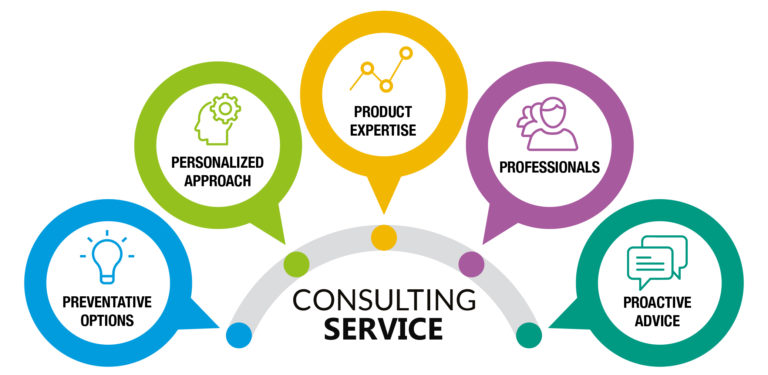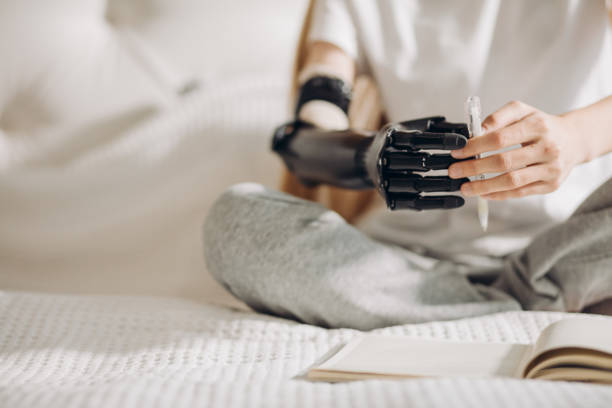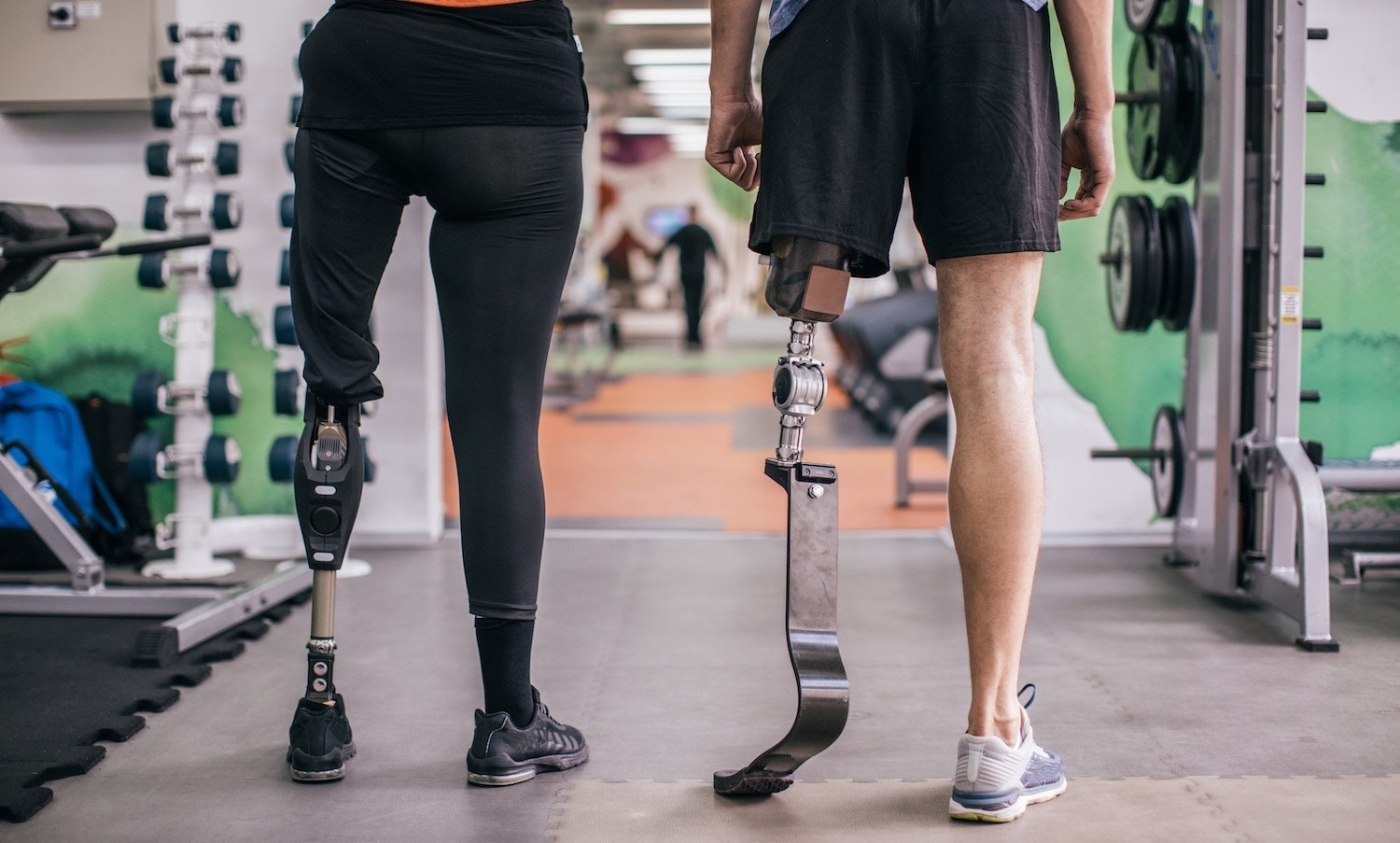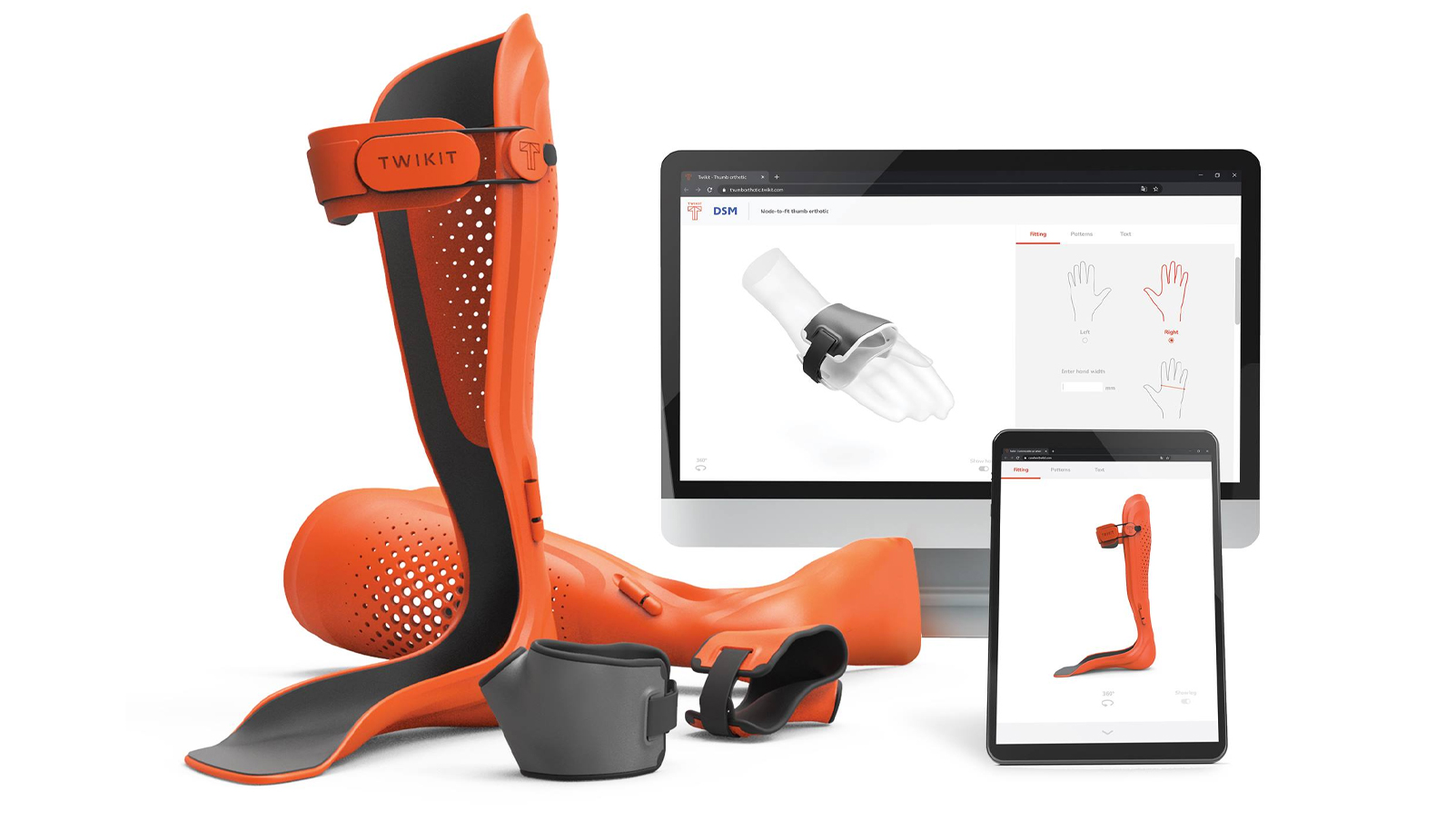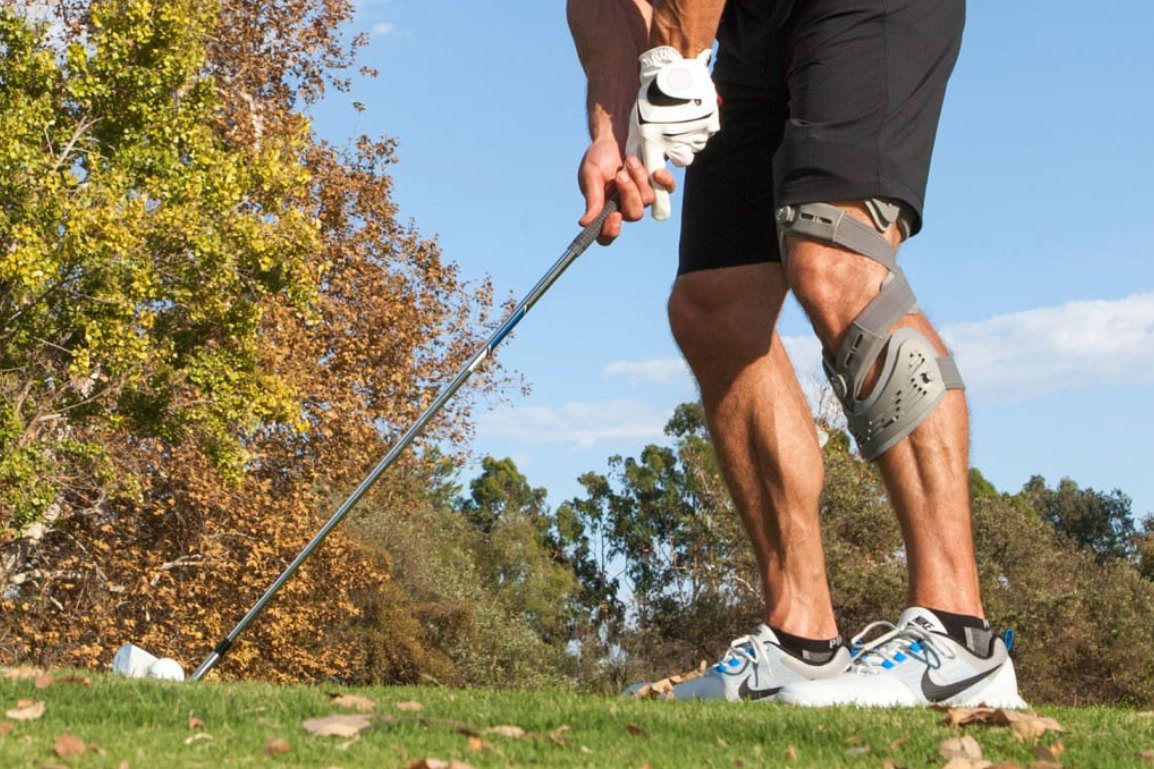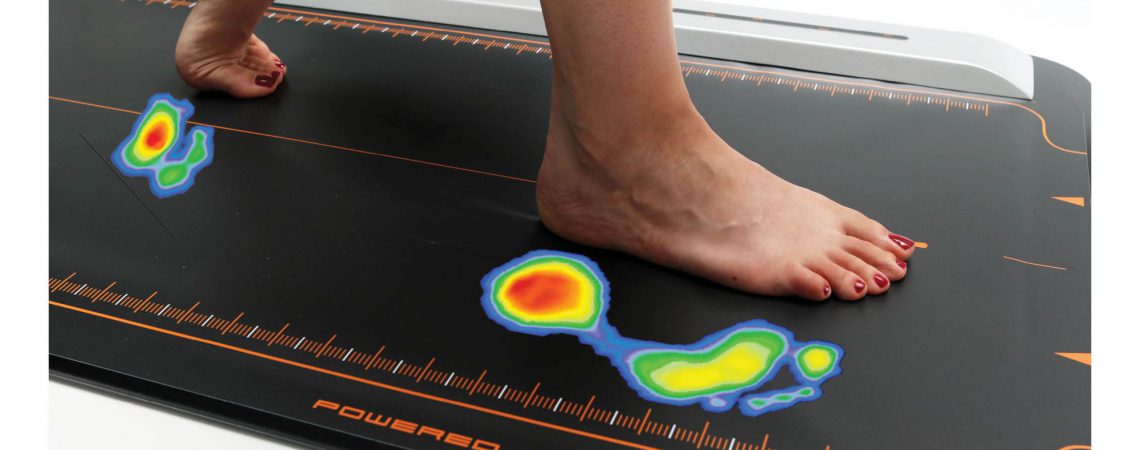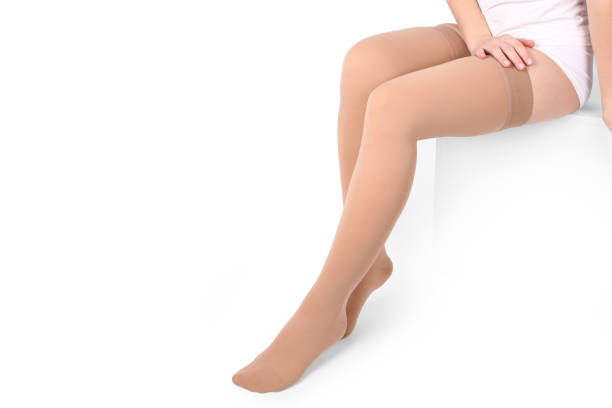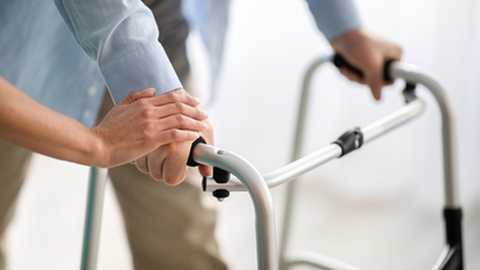Technical Aids
Technical Aids are equipment that serve to compensate for a disability or functional loss or to mitigate its consequences, prevent the worsening of the person's clinical situation and allow the performance of daily activities and participation in school, professional, cultural and social life.
Some examples of technical aids are:
- Wheelchairs, walkers, and crutches (walking aids)
- Anti-bedsore pillows, orthopaedic mattresses, articulated beds, transfer lifts (Positioning, transfer and ulcer prevention)
- Supplies and equipment for feeding, such as, adapted forks, spoons, plates, and cups (Aids for feeding)
- Clothing materials and equipment such as tweezers, hooks, protective gloves, special clothing (Clothing aids)
- Hygiene materials and equipment, such as grab bars, bath seats, bathing chairs and benches, adapted bathtubs, non-slip materials (Hygiene aids)
- Materials and equipment for communication, such as adapted pens, computers, communication tablets, devices for turning sheets, sound amplifiers, enhanced telephones (Aids for communication)
- Adaptations for cars, such as special seats and cushions, custom adaptations for getting in and out of the car, adaptations for car controls
These aids increase autonomy for activities of daily living and allow greater social and labor participation.

